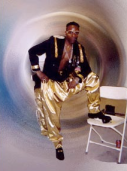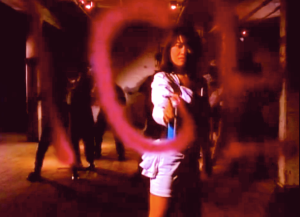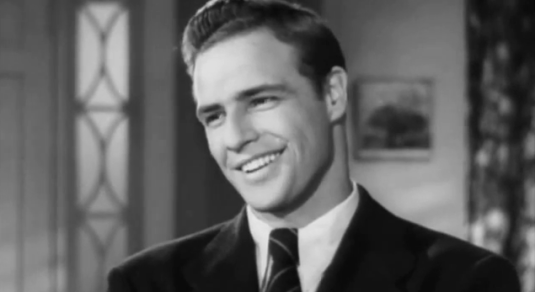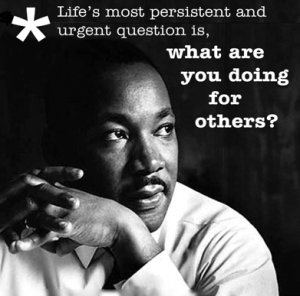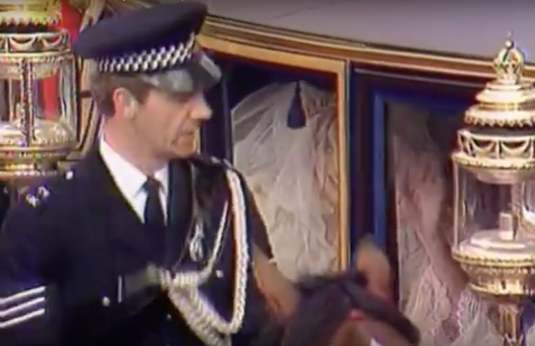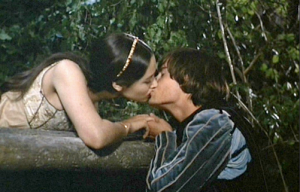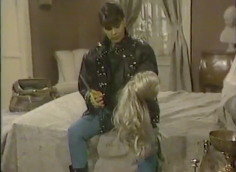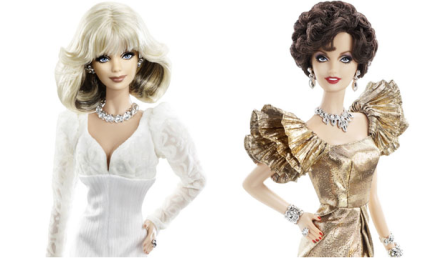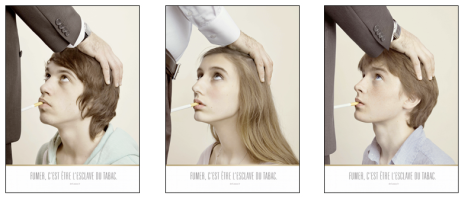(Originally drafted in 2013. Updated in 2020) If I could leave 1990 behind, the year that two of the most annoying songs ever broke out like a rash of zits on my 13-year-old face, I would.
- Can’t Touch This, by MC Hammer
- Ice Ice Baby, by Vanilla Ice
were played in malls. In every store. At Cotton Ginny. At the fucking Bay. On the Much Music
Countdown. On Video Hits. On 680 CFTR. By every hair-sprayed young man on his parents’ car insurance plan. At the American Music Awards. At the fucking Grammys. At every middle-school dance.
They leaked out of Sony Walkman knock-offs all tinny on the bus. Out of the lips of every teenaged boy and girl as the incantation for a make-out kiss. Out of apartment windows like cooking smells and arguments.
They inspired stripe-shaved eyebrows (Vanilla Ice) and balloon-y incontinence pants (MC Hammer). And running-man Tourettes.
Wait.
There was a rat tail in there too!
(They weren’t even all that bad as songs.)
(No. They were.)
Just like everything else in pop culture that’s exploited to death, the Chinese Marketing Torture of the constant drip-drip-dripping…Made. Me. Ker-azy. That the everyday soundtrack to my life of Math homework and Social Studies presentations involved a South Florida drug run and a bragging MC started to become real stupid, real fast. But for a whole year? That’s out of control.
Later in life, I learned that Vanilla Ice was named Rob. And that when the high hat and the suped up tempo were heard no more, he fought Todd Bridges on Celebrity Boxing (surely a nod to the encoffining effect of waning fame?). And that MC “Stanley” Hammer mishandled his own gazillions, forcing a personal bankruptcy filing in just 1996.
Since my brain refuses, in general, to be a mausoleum to dead celebrity-careers (only the hyphen keeps the bodies alive, in most cases) I rubberstamped 1990 as DONE, filed these characters as LOSERS and let this all vacuum-tube* itself out of existence.
But of course, I recently find out about this. That’s right: a Vanilla Ice infomercial and Free Guide to Real Estate! Seminars coming to a conference centre near you. WTF indeed. Apparently, Rob has been studying up and flipping real estate since the ‘90s. He has a net worth of $18 million through careful investments of over 100 commercial and residential properties, and through the conscientious remodeling of them in the Palm Beach, Florida area. Punching out Todd Bridges apparently was just his jam. Who knew.
Why? You ask, would anyone buy anything from a man with this sense of style:
Surprisingly, fyi, he’s now into earth-tones, at least for business.
This 45 year old, still sporting loud branding, mint baseball caps, hip hop gear, and many (bad, random) colourful tattoos insists:
“When I did Ice Ice baby, I was 16 years old, I hired decorators and live in Miami. They pulled the
whole art deco thing out. I had yellow carpet. Green rooms. Red rooms. Purple carpet. It was the most colourful house ever. When you walk in you’re like “this is really cool!” But after a while, you feel like you’re living in a nightclub. And it becomes depressing and horrible…[I said to myself] I need earth-tone colours. You gotta stay earth-tone to make it warm and cozy and make it feel like a home.” [You and Me This Morning]
I guess, that’s how you sell a home. And he’s on his 3rd season of showing Americans how he does it on The Vanilla Ice Project, a remodeling reality show on the DIY Network that follows him and his real team of contractors fixing up run-down estates that he himself has bought. “There’s no B-Roll team,” in case you’re wondering if Ryan Seacrest is behind all this. He “Ices” cribs i.e. adds bling to million-dollar mansions, like glass elevators, lazy rivers, cool iPhone controls and movie theatres. His daughter bakes cupcakes for Open Houses. The mayor and neighbours appreciate that he seems to be one of few investors interested in reviving dead properties.
On why more people aren’t into investment properties, but should be:
“[Since the housing crash, the market has] evolved, it’s not what it used to be. The short sales, the foreclosures are great. But tax auctions are even better. I just bought the Season 3 house on a tax auction. And if no one’s bidding against you and it’s an absolute auction you can steal these homes for pennies on the dollar. The most important thing is to know your location…[these houses] are sitting 3, 4, 5 years just rotting and people don’t understand why [the banks] don’t want to sell them. Well, [for] the short sale and foreclosures, you go and call these banks and they’re understaffed. Nobody returns your calls. They’re not that easy to get.” [CNBC Interview]
On location analysis for income property:
“There’s a lot of money in Palm Beach and I know my market there. So, I don’t drift away too much from that area because I know it very well. And I think that’s very important. There’re homes sitting back from the infrastructure that might be on a bigger piece of property or [be] a bigger home, and they look very appetizing, but if you do the statistics, people are moving out of those areas, so you might want to stay away from those. People want to be closer to the infrastructure of not just schools, but airports and restaurants, shopping malls. And they don’t want to commute anymore. And with gas prices where they are…” [CNBC Interview]
Almost 25 years later, I am happy for this man who has not let one-hit-wonderdom, a lack of high school education, an unscrupulous management team, forever D-list status as a rapper, or constant invitations to contend on the most demoralizing shows ever (i.e. Celebrity Ice Dancing, anyone?) etc. f$% him up. Of his past, he says “Yesterday’s history. Tomorrow’s a mystery”.
OK, he also says things like:
– “infulstructure” (recent)
– “clearify” (recent)
– “This is the Ice Man still kickin’ it like Jackie Chan” (recent)
– “Vanilla Ice yep yep, I’m comin’ hard like a rhino” (worst 1990 lyric ever)
– “Creep on it, don’t sleep on it” (recent)
– “Holla and pop yo’ colla” (recent)
– and this New York Times interview

- 45 yr-olds have looked worse
…but word! He’s…smart!
Handsome? Fit. A world-ranking motorcross and jetski rider. A smiler. A dad.
A real estate magnate!
I was going to end now with some poignant comparison to rhinos. But I could just find that they are territorial.
PS, ever wonder how a wife-beater, sequined MC Hammer pants and skates look on?
* pre-90s technology y’all.
2020 Update: Vanilla Ice tried to bull-run his way to fulfill a 4th of July concert in the middle of the coronavirus in Texas. But then backed down when no one was willing to die to relive his baby scoop of 90s nostalgia.
If you go to a Vanilla Ice concert during a pandemic you’re a different type of loser…
— Kojo Ebro (@oldmanebro) July 2, 2020
